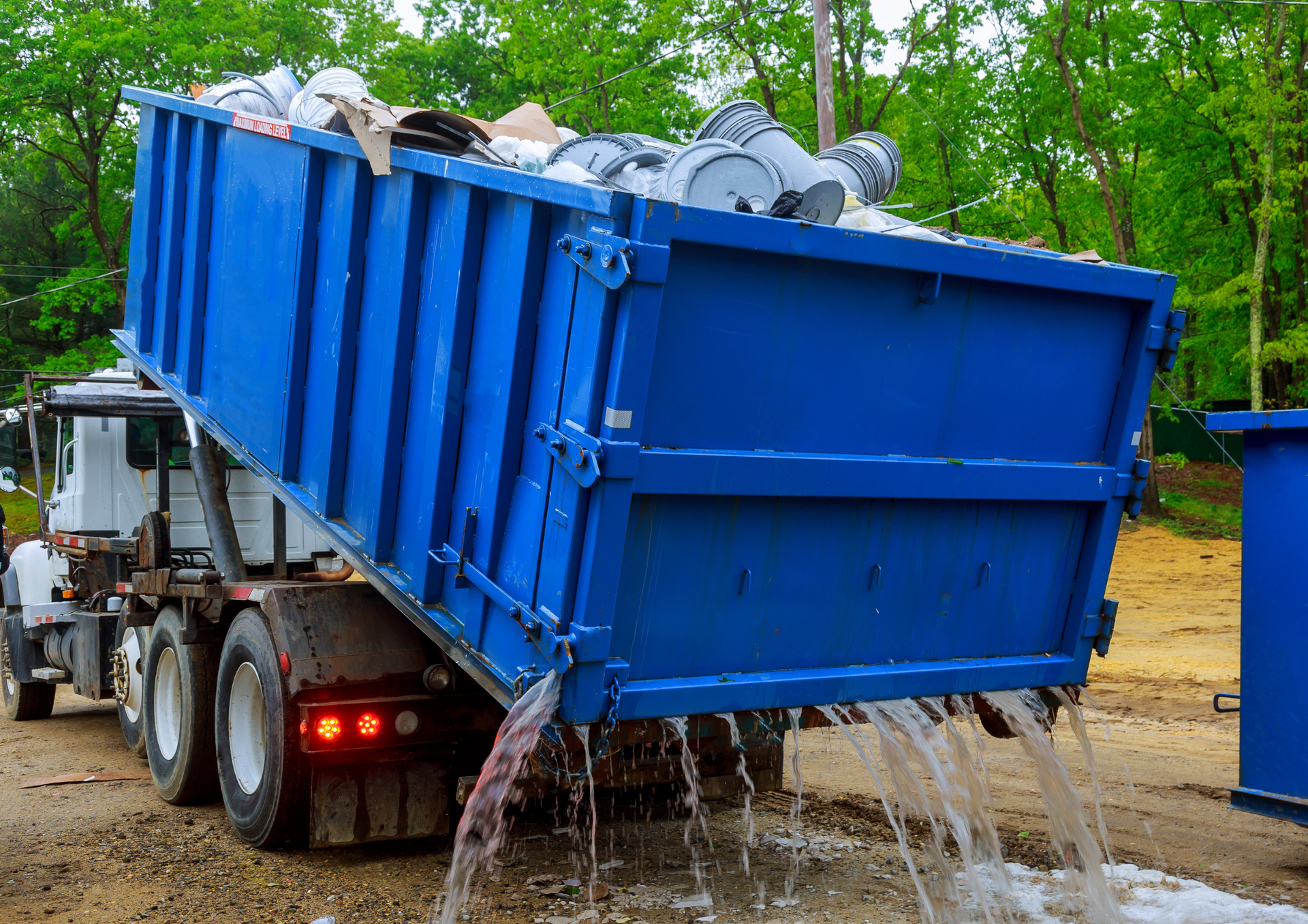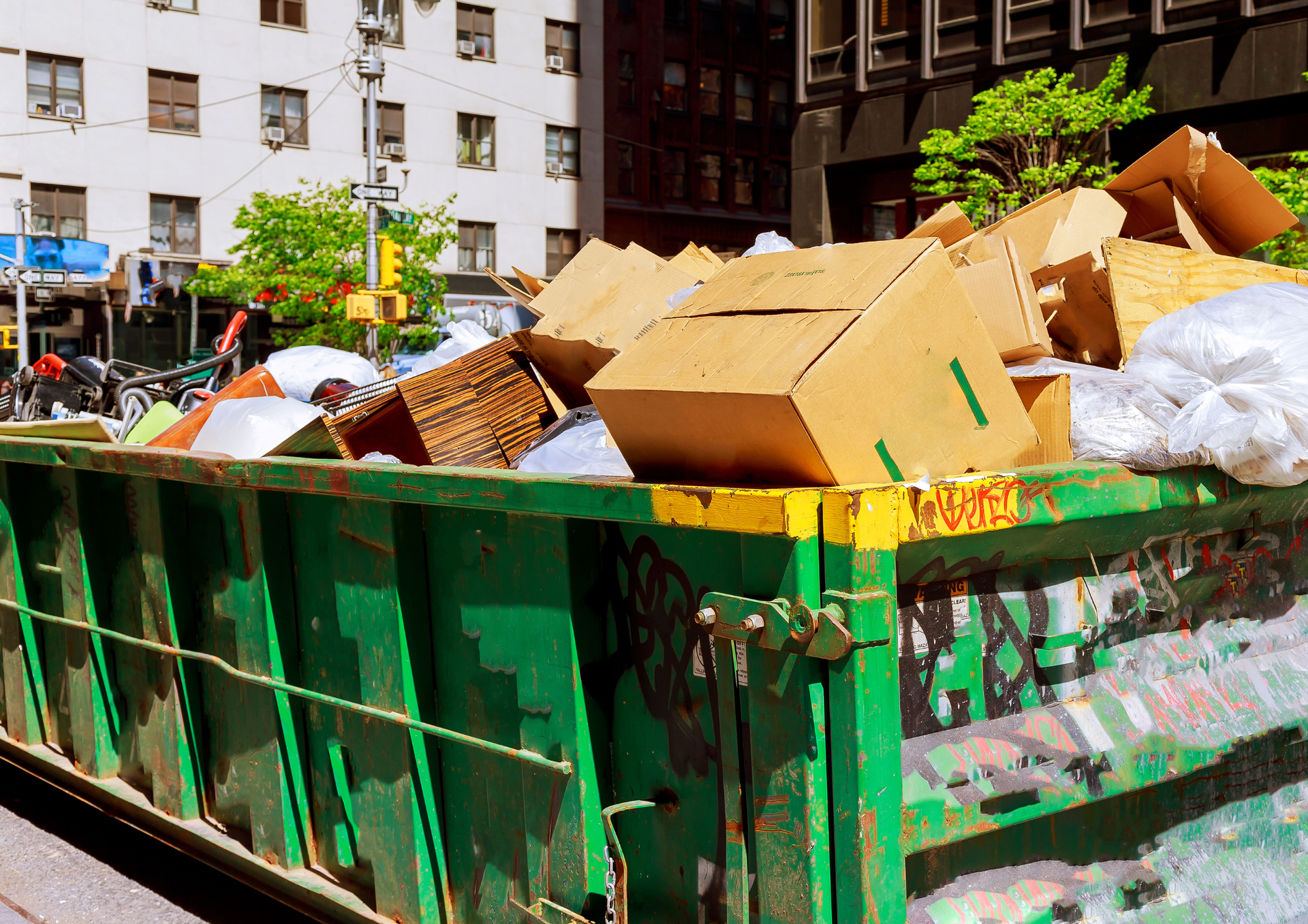How to Avoid Extra Charges and Hidden Fees in Your Skip Hire
When managing waste for a renovation, construction job, or large-scale cleanout, skip hire can significantly simplify the process. However, many customers are caught off guard by additional charges that weren’t part of the original quote. Whether you’re a homeowner, builder, or business owner, understanding where these hidden fees come from—and how to avoid them—can save you both time and money.
Understand What the Quotation Includes
One of the most effective ways to avoid extra charges is to ensure that the initial quotation includes all relevant costs. Reputable companies will clearly state whether the price covers delivery, collection, disposal, and VAT. It’s also important to check how long the skip can be kept on-site without incurring additional fees. Some companies only allow a limited hire period, after which daily charges apply.
When looking for a skip hire near me, don’t just compare headline prices. Ask what’s included, and request the terms in writing. Transparency at the start means fewer surprises later.
Be Clear on Council Permits and Access
If you need to place a skip on a public road or pavement, you’ll likely need a council permit. Some providers include this in their service, while others may leave it up to you. Failure to obtain the necessary permit could result in a fine, adding to your costs unnecessarily.
Also consider access. If the skip lorry cannot reach your site easily, you could be charged extra. Providers offering local skip hire often have better knowledge of access routes and local council requirements, making the process more efficient.
Choose the Correct Skip Size and Follow Waste Rules
Another common mistake is underestimating the amount of waste you'll generate. Selecting too small a bin in an attempt to save money can backfire if you need a second skip. Some people search for cheap skip bins and end up with an undersized solution, ultimately paying more than they would have for the correct size initially.
You must also follow waste regulations. Items like electrical appliances, tyres, paints, and chemicals are often prohibited in general skips. Putting restricted items in your skip can lead to refusal of collection or additional disposal charges. Always ask your provider for a list of permitted materials before filling the bin.
Don’t Overload the Skip
Overfilled skips can be a major cause of hidden fees. Most companies have a strict fill limit—usually level with the top edge—and exceeding it may mean extra charges or delays in collection. It’s best to load the skip evenly and avoid overhanging items.
When comparing skip prices, make sure to factor in not just the base cost, but also the conditions that could trigger surcharges. What looks like a good deal at first glance could end up costing more if you’re not careful.
Extra fees in
skip hire
are often the result of unclear terms, overfilled bins, or simple misunderstandings. By asking the right questions upfront, securing the necessary permits, choosing the correct skip size, and adhering to waste disposal guidelines, you can avoid unexpected costs. Whether you’re tackling a home renovation, managing an office move, or clearing a construction site, a little planning goes a long way.
At
Skip Hire Derby, we offer straightforward pricing, expert advice, and dependable service tailored to your needs. Serving everyone from homeowners to construction professionals, our team ensures you understand all costs upfront and avoid unnecessary charges. We help you choose the right option, arrange local permits if needed, and guarantee prompt collection and delivery. For a stress-free
skip hire experience, choose a team committed to your satisfaction.
Just out on X:
Skip hire made easy – how to avoid extra charges and hidden fees!




